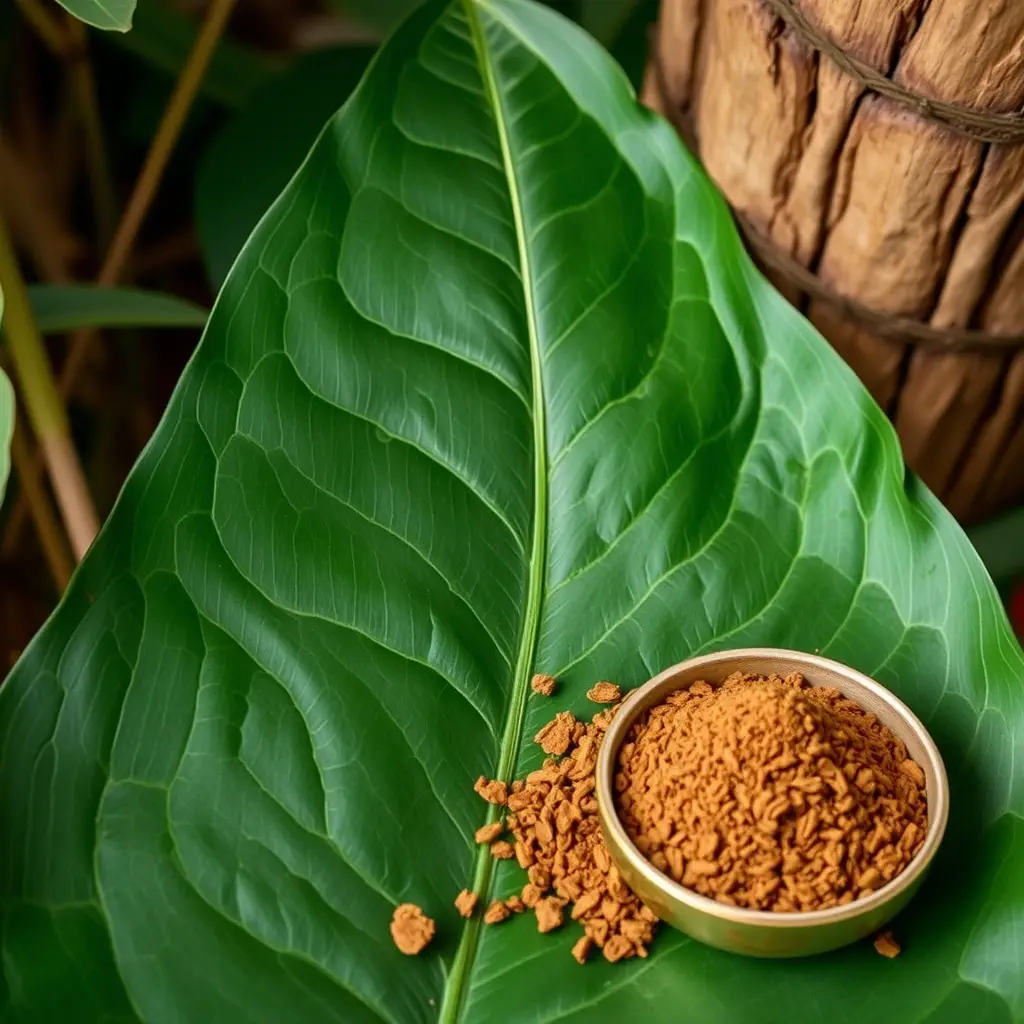Muscle soreness after exercise or labor stems from muscle fiber tears triggering inflammation. Magnesium deficiency, common in sore individuals, may worsen cramps and sensitivity. Herbal supplement kratom, with potential magnesium-boosting compounds, offers relief. Combining kratom and magnesium provides immediate and sustained recovery support for active people experiencing post-workout discomfort or chronic muscle issues, though consulting a healthcare professional before use is crucial due to potential side effects.
Experience chronic muscle soreness? You’re not alone. Understanding its causes, from intense workouts to overuse, is the first step. This article delves into effective relief strategies, highlighting the power of magnesium and kratom—natural allies in reducing inflammation and promoting recovery. Learn how these elements, with their unique properties, can be game-changers for managing discomfort, offering a gentle, natural approach to soothing aching muscles. Discover the science behind their effectiveness and ensure safe, informed use.
- Understanding Muscle Soreness and Its Causes
- The Role of Magnesium in Relieving Soreness
- Kratom as a Natural Remedy: Benefits and Safety Considerations
Understanding Muscle Soreness and Its Causes
Muscle soreness is a common issue that can arise from various activities, ranging from intense workouts to everyday physical labor. It’s essentially the body’s response to muscle damage and inflammation. When we exercise or put stress on our muscles, tiny tears form in the muscle fibers, leading to a release of chemicals that cause pain and discomfort. This process is part of the body’s natural healing mechanism, as it triggers an influx of nutrients and repair cells to fix the damaged tissue. However, the resulting soreness can significantly impact our mobility and overall well-being.
One of the key elements in managing muscle soreness is maintaining proper mineral balance, particularly magnesium. Magnesium plays a crucial role in over 300 enzymatic reactions in the body, including those involved in muscle relaxation and contraction. Studies suggest that magnesium deficiency can contribute to muscle cramps and increased sensitivity to soreness. Thankfully, certain herbal supplements like kratom have been shown to possess potential magnesium-boosting properties. Kratom’s active compounds may interact with magnesium receptors in the body, potentially offering relief from muscle soreness and promoting overall muscular health.
The Role of Magnesium in Relieving Soreness
Magnesium is an essential mineral that plays a pivotal role in numerous bodily functions, including muscle relaxation and recovery. When it comes to muscle soreness relief, magnesium and kratom can work synergistically. Kratom, known for its analgesic properties, can help reduce pain perception, while magnesium facilitates muscle relaxation by acting as a calcium channel blocker. This dual action can lead to significant alleviation of post-workout or chronic muscle soreness.
In addition to its role in muscle relaxation, magnesium is also crucial for energy production and nerve function. Adequate magnesium levels ensure that muscles receive the necessary fuel for recovery and repair. Combining these natural remedies offers a holistic approach to managing muscle soreness, providing both short-term relief and long-term support for active individuals.
Kratom as a Natural Remedy: Benefits and Safety Considerations
Kratom has gained popularity as a natural remedy for muscle soreness and pain relief, offering an alternative to over-the-counter medications. This herb, derived from the tropical tree Mitragyna speciosa, contains compounds that interact with opioid receptors in the brain, potentially reducing inflammation and providing analgesic effects. One of the key components, mitragynine, has shown promise in treating chronic pain and muscle spasms.
Combining kratom with magnesium can enhance its therapeutic benefits. Magnesium is a mineral known for its role in muscle relaxation and proper nerve function. When combined with the active compounds in kratom, it can potentially intensify the soothing effects on muscles, making it an attractive option for those seeking natural solutions for post-workout soreness or chronic muscular discomforts. However, as with any herbal supplement, safety considerations are crucial. Long-term use and high dosages may lead to side effects, so consulting a healthcare professional before incorporating kratom or magnesium supplements into your routine is essential.
Muscle soreness, often a result of intense exercise or physical strain, can be effectively managed with natural remedies. While magnesium is known for its role in muscle relaxation, kratom emerges as another promising option. This ancient herb, rich in alkaloids like mitragynine, has shown potential in soothing muscle pain and reducing inflammation. Integrating magnesium and kratom into post-workout routines could offer a holistic approach to recovery, providing both short-term relief and long-lasting benefits for athletes and fitness enthusiasts.






